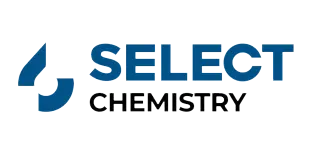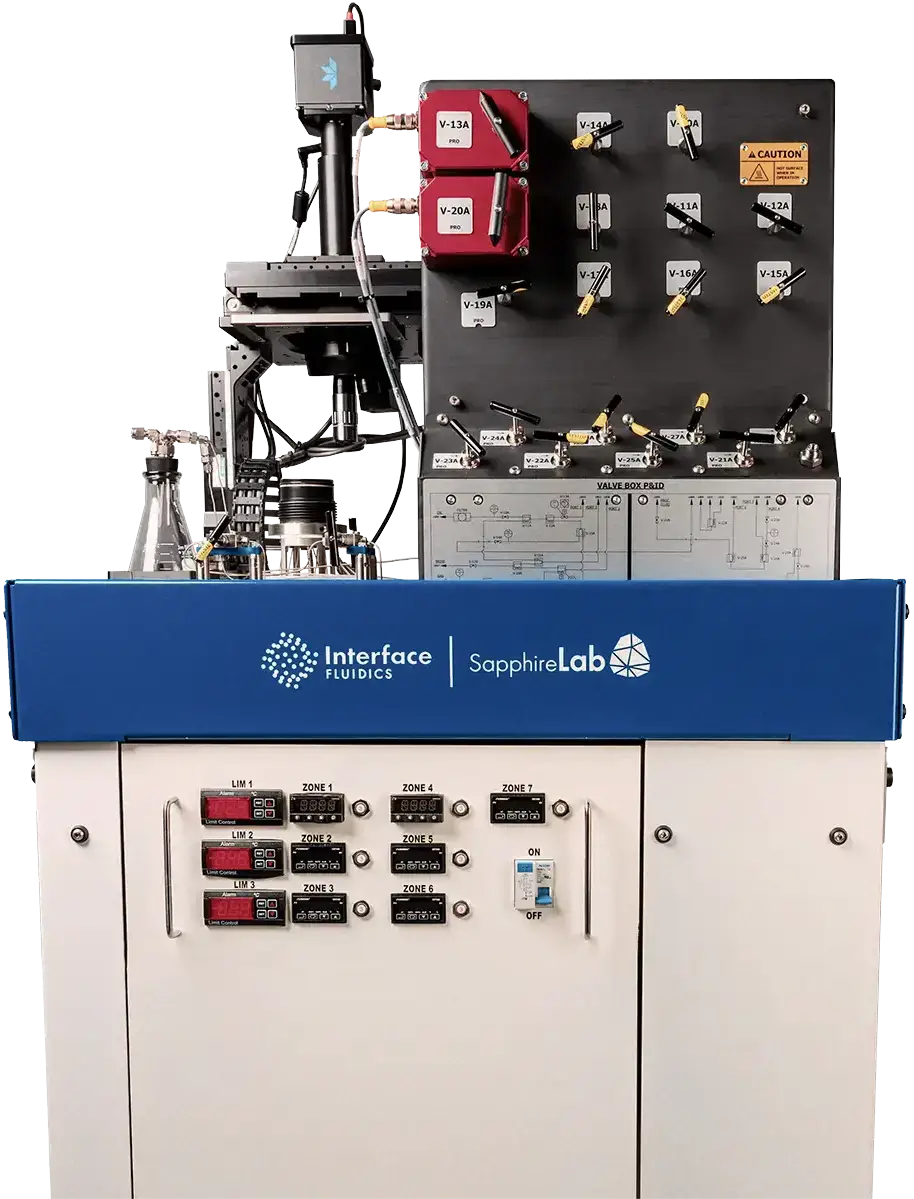Next-generation Testing Platform for your lab
SapphireLab® is the answer to fluid questions in the energy industry.
- high-pressure, high-temperature
- Visual insights
- high-throughput performance
Since its installation, SapphireLab® has consistently delivered outstanding performance across a wide range of high-pressure, high-temperature (HP/HT) research applications. Our work includes MMP, CCE, viscosity and density measurements of live oil systems, and EOR processes. In all cases, the system has produced precise and reliable results, especially with live oil samples, while requiring significantly smaller volumes compared to conventional methods.
Comprehensive Microfluidic Testing Services
Interface Fluidics provides a suite of lab services designed for fast, reliable insights. With small sample requirements and direct optical visualization, our testing solutions enable confident decisions across a wide range of fluid challenges.
- Fracturing Fluid Testing
- Flow assurance studies
- PVT & Phase Behaviour Characterization
- Enhanced Oil Recovery (EOR) Evaluation
In a sea of surfactant marketing claims, Interface’s work has provided me an informed position from which to move forward on field scale trials.
Why Interface Fluidics is the best service provider

Exxon Mobil
Accelerating frac fluid optimization — cutting testing time by 90%

Chevron
New flow assurance testing, development accelerated tenfold
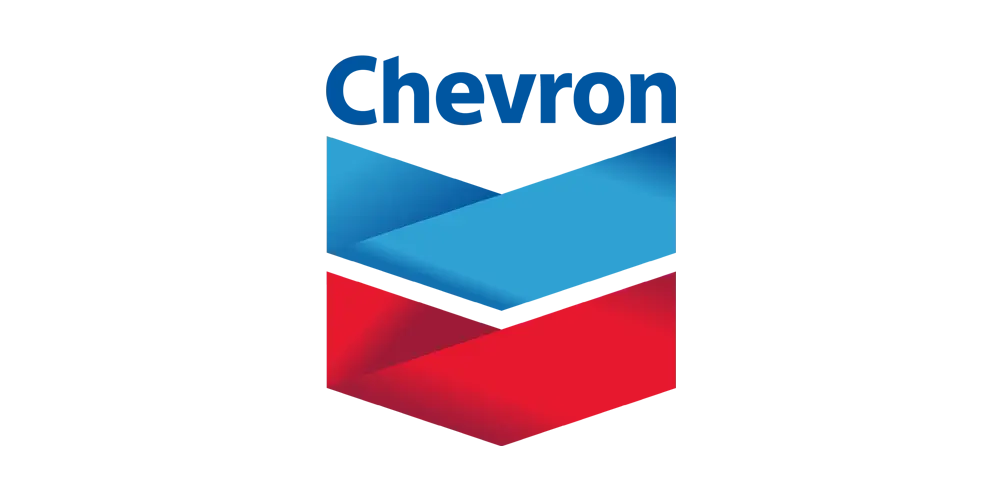
Total Energies
Solvent-bitumen diffusion measured in 10 minutes — 99% faster than conventional
Learn More →
Shell
Advanced CCE, MMP, and Swelling tests were completed on just 30 mL of live oil
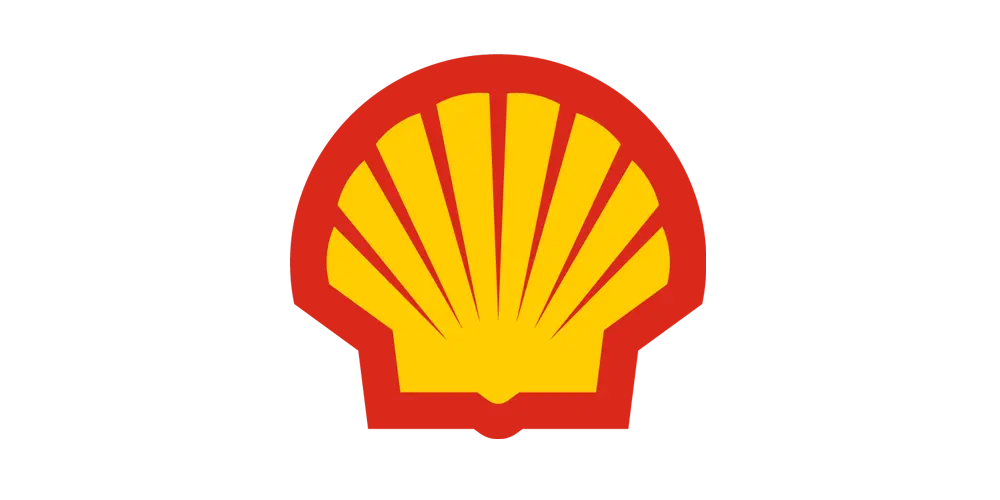
Cenovus
Accelerating insights: 20 ES-SAGD tests in 40 days, not years

PTT Exploration and Production
SapphireLab® accelerates EOR strategy screening faster, cheaper, and smarter
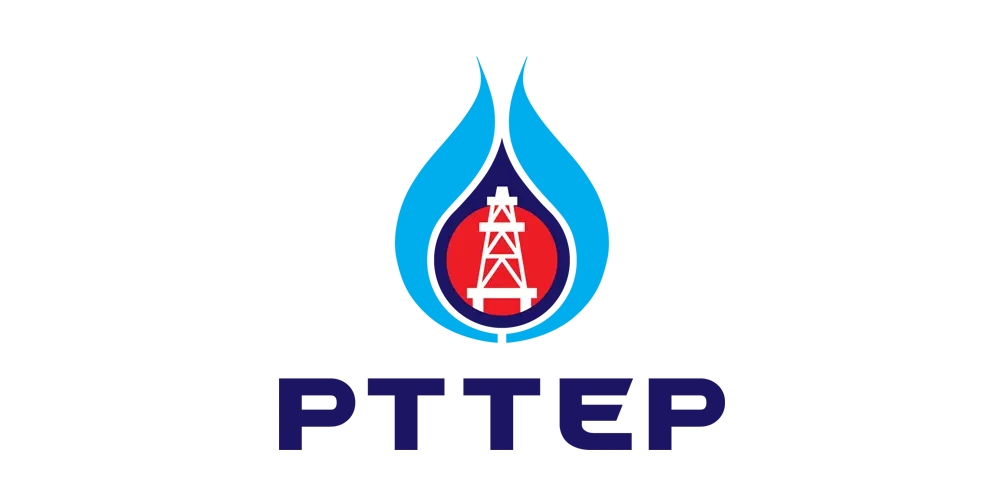
Rice University
Unmatched versatility, expanding research into CO₂ storage and beyond
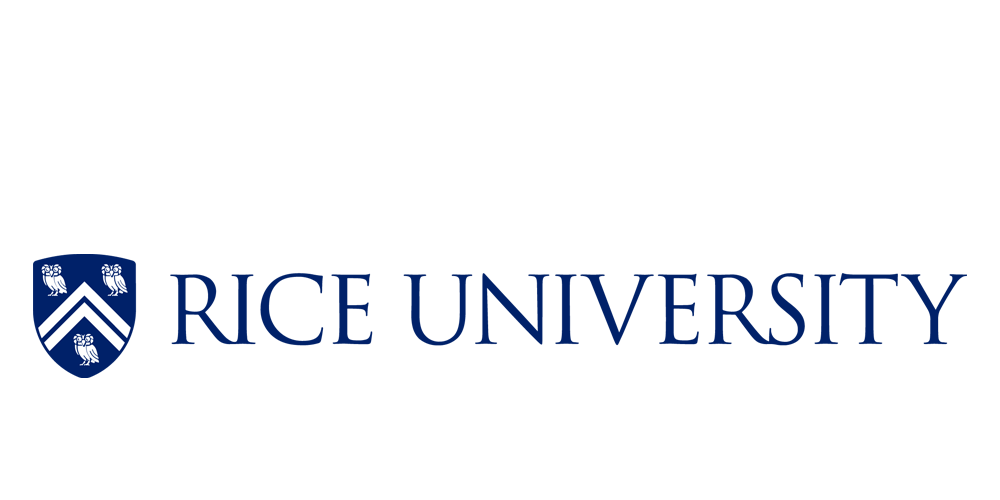
Pontifical Catholic University of Rio de Janeiro
SapphireLab® delivers precise, reliable results with unmatched research versatility

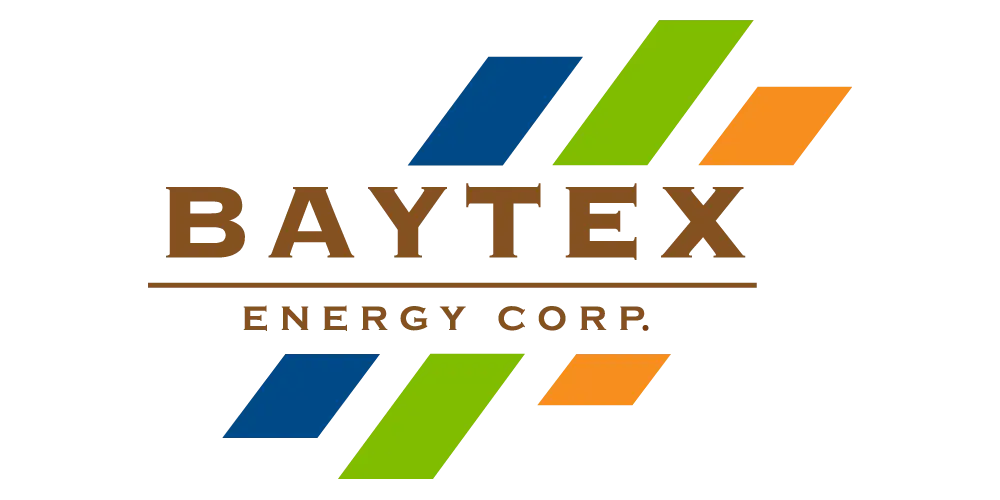
Primexx
Reduced Fracturing Fluid Costs By 50% and Reduced Chemical Loadings By 300%
Read Case Study →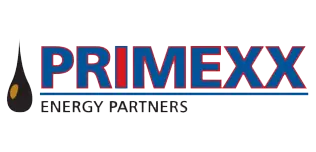
Select Chemistry
Reduced Lab Costs By Over 50% and Saved Two Months of Testing Time
Read Case Study →